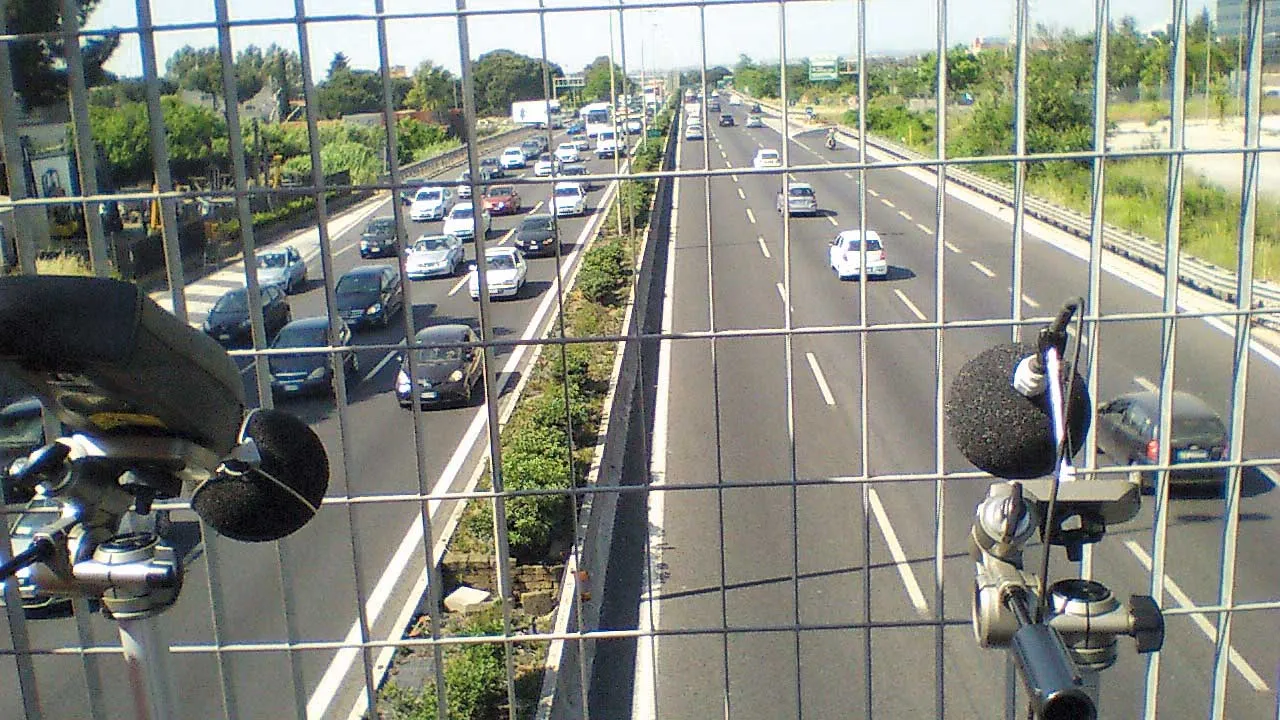A key research award is attracting a high-profile list of prospective candidates.
February 29, 2012
Read time: 3 mins
A key research award is attracting a high-profile list of prospective candidates. Applications so far shortlisted for the research award come from Canada, Portugal, Spain, Turkey. The 2011 Young Researched of the Year Award is being held at the 1102 International Transport Forum 25 May in Leipzig, Germany. This will honour outstanding transport-related research and forms part of the 2011 summit of ministers at the International Transport Forum. This intergovernmental organisation has been set up for the transport sector and comprises 52 countries.
The 2011 Young Researcher of the Year Award is open to researchers under 35 years of age and aims to highlight the importance of research for sound policy formulation and implementation. The Award carries a prize of €5,000. From 40 entries representing 22 nationalities and research institutions from 16 countries, the jury has shortlisted four. Dr Nuno Quental, Portugal (Instituto Superior Técnico - CESUR, Lisbon, Portugal) has been shortlisted for his paper on "The Influence of Urban Forum and Socioeconomic Characteristics on Mobility Patterns: Evidence from the Metropolitan Area of Porto Using Structural Equation Modelling". The influence of urban form on travel behaviour is a matter of great importance because greenhouse gas emissions from transport have been increasing at a fast pace. This study applies structural equations to model mobility patterns at the borough level in the Metropolitan Area of Porto, Portugal.
In addition to the most common approach, this study innovates by explicitly modelling changes in key factors between 1991 and 2001. The results demonstrate the importance of urban form at the borough level in shaping mobility patterns. Ms Eda Beyazit, Turkey (Transport Studies Unit, School of Geography and the Environment, University of Oxford, United Kingdom) was shortlisted for her study "Evaluating Social Justice in Transport: Lessons to be Learned from the Capability Approach". Recent theoretical and empirical studies show that there is a growing interest in considering wider social and economic impacts of transport. Since transport has an important role in distributing socio-economic benefits or losses created by different means or by transport itself, it has a crucial role in the discussion of social justice. Transport can help develop socially just societies or cause disparities between different or within same geographies. The paper provides a synthesis of social justice and transport literature in terms of equal rights and shares, freedom, capabilities, opportunities and choices by making use of contemporary approaches in social justice theory. Dr Jonn Axsen, Canada (Institute of Transportation Studies, University of California, Davis, United States) was shortlisted for his research on "Interpersonal Influence within Car Buyers' Social Networks: Developing Pro-Societal Values Through Sustainable Mobility Policy". Conventional individual-focused perspectives on mobility decisions suggest only two levers of influence for policymakers: price change and information provision. Although interpersonal influence is known to play an important role in pro-societal mobility decisions, these processes and their policy implications are not well understood. This paper identifies five theoretical perspectives on interpersonal inference and applies them to consumer perceptions of plug-in hybrid vehicles.
Dr Daniel Albalate, Spain (Research Group on Government and Markets, University of Barcelona, Spain) has been shortlisted for his paper on "Shifting Death to their Alternatives: The Case of Toll Motorways". Interest in the use of tolls to fund and regulate demand on motorways has been revived in recent years. However, less attention has been paid to the road safety effects of this policy. Although toll motorway quality is equal to or above that of free motorways, charging users shifts some traffic to low quality, adjacent alternatives. This study tests whether charging for the use of the better road negatively affects road safety in motorway industries where optimal pricing is not implemented.
The 2011 Young Researcher of the Year Award is open to researchers under 35 years of age and aims to highlight the importance of research for sound policy formulation and implementation. The Award carries a prize of €5,000. From 40 entries representing 22 nationalities and research institutions from 16 countries, the jury has shortlisted four. Dr Nuno Quental, Portugal (Instituto Superior Técnico - CESUR, Lisbon, Portugal) has been shortlisted for his paper on "The Influence of Urban Forum and Socioeconomic Characteristics on Mobility Patterns: Evidence from the Metropolitan Area of Porto Using Structural Equation Modelling". The influence of urban form on travel behaviour is a matter of great importance because greenhouse gas emissions from transport have been increasing at a fast pace. This study applies structural equations to model mobility patterns at the borough level in the Metropolitan Area of Porto, Portugal.
In addition to the most common approach, this study innovates by explicitly modelling changes in key factors between 1991 and 2001. The results demonstrate the importance of urban form at the borough level in shaping mobility patterns. Ms Eda Beyazit, Turkey (Transport Studies Unit, School of Geography and the Environment, University of Oxford, United Kingdom) was shortlisted for her study "Evaluating Social Justice in Transport: Lessons to be Learned from the Capability Approach". Recent theoretical and empirical studies show that there is a growing interest in considering wider social and economic impacts of transport. Since transport has an important role in distributing socio-economic benefits or losses created by different means or by transport itself, it has a crucial role in the discussion of social justice. Transport can help develop socially just societies or cause disparities between different or within same geographies. The paper provides a synthesis of social justice and transport literature in terms of equal rights and shares, freedom, capabilities, opportunities and choices by making use of contemporary approaches in social justice theory. Dr Jonn Axsen, Canada (Institute of Transportation Studies, University of California, Davis, United States) was shortlisted for his research on "Interpersonal Influence within Car Buyers' Social Networks: Developing Pro-Societal Values Through Sustainable Mobility Policy". Conventional individual-focused perspectives on mobility decisions suggest only two levers of influence for policymakers: price change and information provision. Although interpersonal influence is known to play an important role in pro-societal mobility decisions, these processes and their policy implications are not well understood. This paper identifies five theoretical perspectives on interpersonal inference and applies them to consumer perceptions of plug-in hybrid vehicles.
Dr Daniel Albalate, Spain (Research Group on Government and Markets, University of Barcelona, Spain) has been shortlisted for his paper on "Shifting Death to their Alternatives: The Case of Toll Motorways". Interest in the use of tolls to fund and regulate demand on motorways has been revived in recent years. However, less attention has been paid to the road safety effects of this policy. Although toll motorway quality is equal to or above that of free motorways, charging users shifts some traffic to low quality, adjacent alternatives. This study tests whether charging for the use of the better road negatively affects road safety in motorway industries where optimal pricing is not implemented.








